Where did all the cinema comedies go? Paul Rudd misses them too
Don’t Look Up was hugely popular on Netflix. But the fact it went straight to Netflix is a problem.
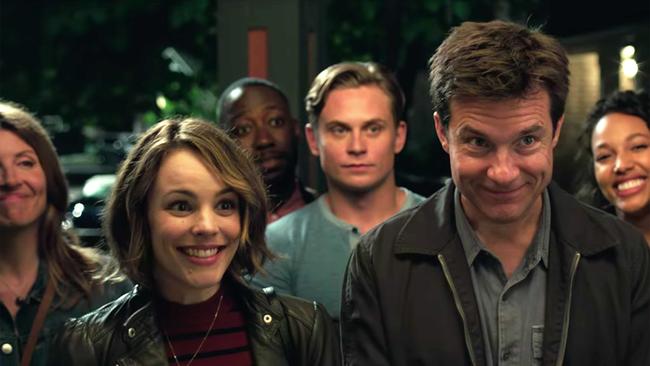
Movies
Don't miss out on the headlines from Movies. Followed categories will be added to My News.
When was the last time you sat in a cinema, watched a comedy and shared in that collective experience of laughing your guts out?
The cinema comedy is becoming an endangered species. All those mid-level comedies, from rom-coms and raunchy flicks to buddy adventures and gross-out ones, have migrated over to streaming.
Will Ferrell’s last two movies, Spirited and Eurovision, came out on Apple TV+ and Netflix. Jonah Hill’s most recent offerings, You People and Don’t Look Up, both went to Netflix.
Melissa McCarthy’s three most recent comedies, The Starling, Thunder Force and Superintelligence, went straight to Netflix. Seth Rogen’s last cinema comedy, the excellent Long Shot, was in 2019.
Even Judd Apatow, who dominated the first 15 years of the millennium with a string of comedies including Knocked Up, The 40-Year-Old Virgin and Trainwreck, sent his 2022 flick, The Bubble, straight to Netflix.
You get the point.
In the past five years, someone somewhere – or maybe a lot of someones somewhere – decided audiences would rather watch comedy films at home.
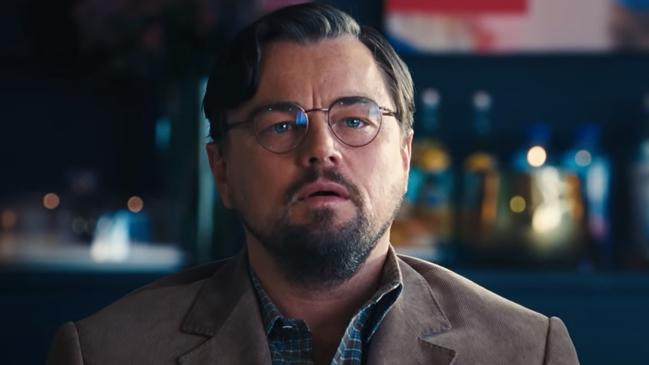
Some of it is pandemic-related, with lockdowns scuttling cinema releases for movies originally intended for theatres, even though it merely accelerated a trend whereby decision-makers and viewers individually and collectively came to the conclusion that comedies didn’t “need” to be seen in a cinema.
Comedies aren’t often visually expansive, they don’t have elaborate action set-pieces, the sound design doesn’t require booming speakers, and they’re not marketed as “event” movies, like superhero flicks or other franchise entries.
So, why wouldn’t you just watch that at home, where you’re not shelling out $70 for two tickets, popcorn and parking?
Audiences are also risk averse – unwilling to take a punt on something that they don’t already know, that won’t guarantee a specific experience. They want to watch the 10th Fast and Furious movie because they know it’ll be like the previous nine Fast & Furious movies.
And so many viewers want the option of pressing the back button on a remote if something doesn’t grab them in 12 minutes. Sounds reasonable enough, until you start thinking about what it means in the long term when it comes to appreciating long-form storytelling and attention spans.
Is it going to encourage every filmmaker to follow a formula of front-loading all the zaniest zingers in the cold open?
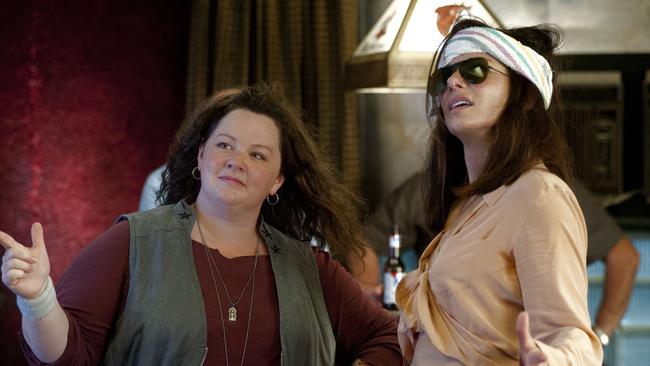
The trend is neither entirely the audience’s fault nor is it that of the studios and distributors. It’s a chicken or the egg scenario. You train audiences to expect A-listers’ comedies on streaming and they’re not going to pay to see it in a cinema. Audiences stop buying tickets and studios decide to punt the whole genre to streaming.
But comedies actually benefit the most from a cinema experience: More than a big action blockbuster, more than some grand auteur-driven drama.
There are few experiences more giddy and infectious than collective laughter. You can watch the same stand-up set at home on streaming or in the room with an audience, and have a wildly different time. A few chuckles become roaring howls.
You don’t need a gazillion scientific studies to confirm that a session of full-throated guffaws releases endorphins, although science can explain that there is a domino effect to social laughter, one which bonds you to those around you and promotes feelings of togetherness and safety.
It’s good for your mental health, your friendships and relationships, and even your heart muscles.
You also have the memories of your own experiences, all those times spent in a darkened room in the company of strangers, having a great time and dropping your defences because you are all in on the same joke.
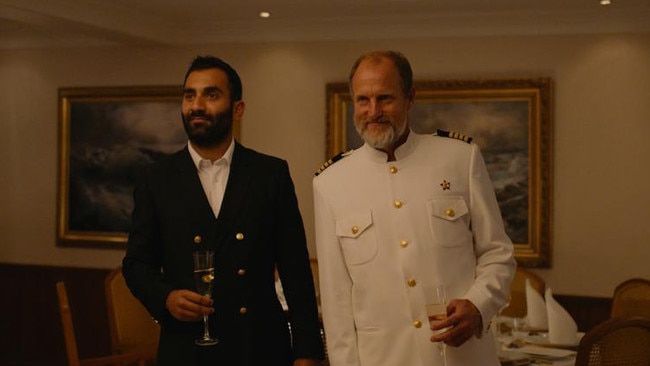
Recently, the Oscar nominee Triangle of Sadness sent cinemas into fits, peals and squeals of laughter with a 15-minute scene involving sea sickness, vomit and poo. It may not sound desirable on paper, but in the moment, that shared experience of gross-out glee made it a genuine highlight.
The director of comedies Bring It On and Down With Love Peyton Reed told news.com.au he didn’t think you could get a movie like Down With Love (a pastiche of 1950s rom-coms starring Renée Zellweger and Ewan McGregor) made at a studio now.
“I suppose you could get that made at Netflix, I don’t know,” he said during the Sydney promo tour of Ant-Man and the Wasp: Quantumania.
“But, to me, those movies have to be made. They were the bread and butter of the Hollywood studios for many, many years.”
Reed argued that a movie like Quantumania can function in similar ways. “It allows me to do the sort of fun character comedy that Paul Rudd has done so well for many, many years,” he said.
“And also to do big physical comedy set-pieces like the action scenes in the Ant-Man movies, they’re a different vibe than some of the action things. They’re more Buster Keaton-esque. There’s a comedic aspect to that action.”
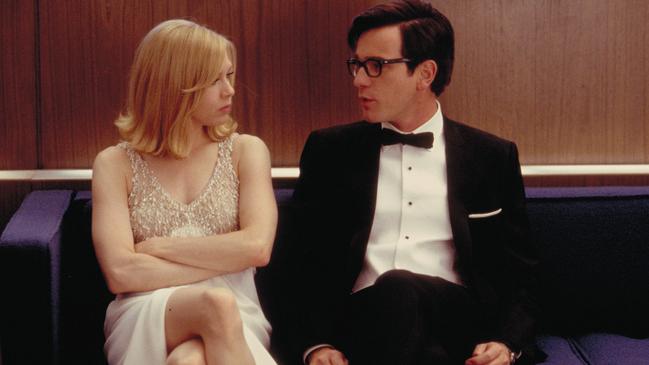
Arguably, cinema dominance of superhero movies such as the offerings from the Marvel Cinematic Universe is one of the reasons why mid-range comedies are not getting a berth in theatres.
MCU movies are the kind of “event” movies audiences still believe need to be seen in a cinema. The problem arises when they become the only films “worthy” of a ticket price.
For his part, Ant-Man himself, Rudd, told news.com.au he doesn’t understand why there aren’t just comedies everywhere.
“Doesn’t the world seem harder? Don’t we want these? I just want to watch funny stuff,” Rudd, who has been in the likes of Anchorman, This is 40, Role Models and Forgetting Sarah Marshall, said.
Rudd said he saw the laugh-out-loud Nicolas Cage movie The Unbearable Weight of Massive Talent four times.
“I loved that movie so much. I’m just like, ‘Ohmigod, more of that’.
“I would love to try and get some funny thing going on. It would be a blast. So hopefully that will change, and we’ll get some good comedies in movie theatres that people are going to see.
“I still believe that’s going to happen. We need it.”
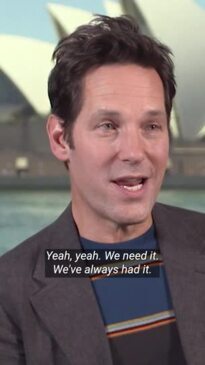
Originally published as Where did all the cinema comedies go? Paul Rudd misses them too





